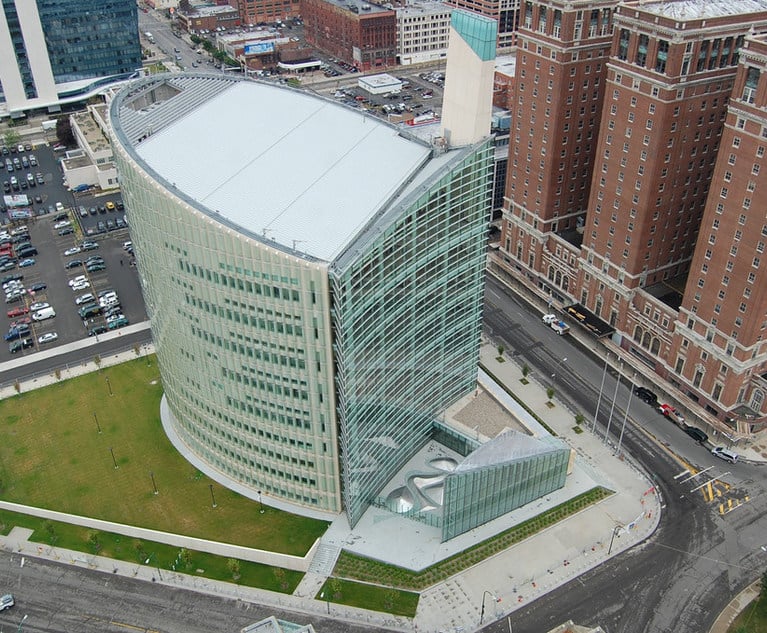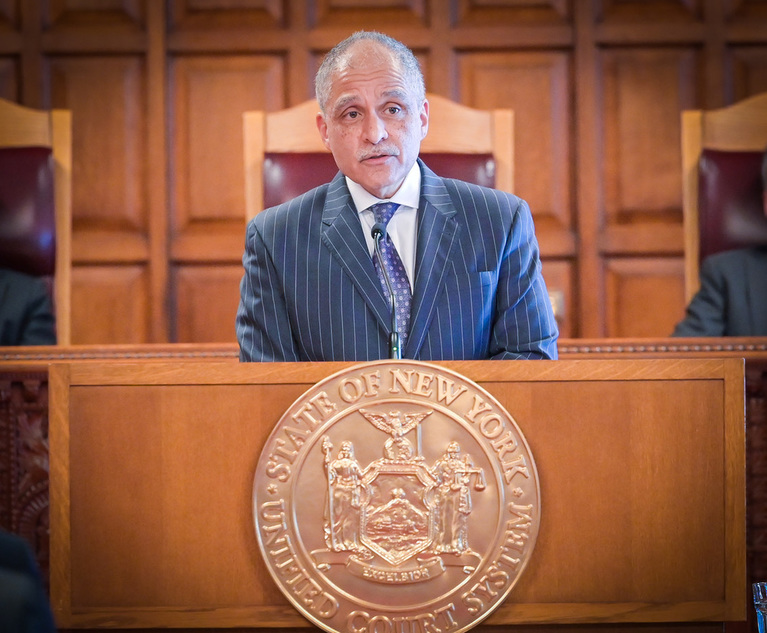In response to the public-health emergency arising from the coronavirus pandemic, states and localities around the country have implemented a wide range of restrictions on public activities, including public-gathering bans that encompass constitutionally protected events like protests and religious ceremonies. These bans implicate core constitutional concerns, including the rights to assemble, to speak, to exercise religion, and to move freely in public. They also implicate fundamental issues about the authority of government bodies to take emergency action in the face of a grave threat, such as the coronavirus pandemic.
Courts around the country have been grappling with these competing interests, with the Supreme Court last week having turned away a challenge, the Second Circuit considering one as this column appears, and recent litigation by the New York Civil Liberties Union having prompted a significant change to New York’s public-gathering restrictions. These cases illustrate the obvious: Balancing the fundamental constitutional interests implicated by coronavirus-based public-gathering bans is extraordinarily difficult and extraordinarily important. And the national explosion over the last week about the killing of George Floyd in Minneapolis highlights the need to scrutinize closely restrictions on protests.


 Christopher Dunn
Christopher Dunn




